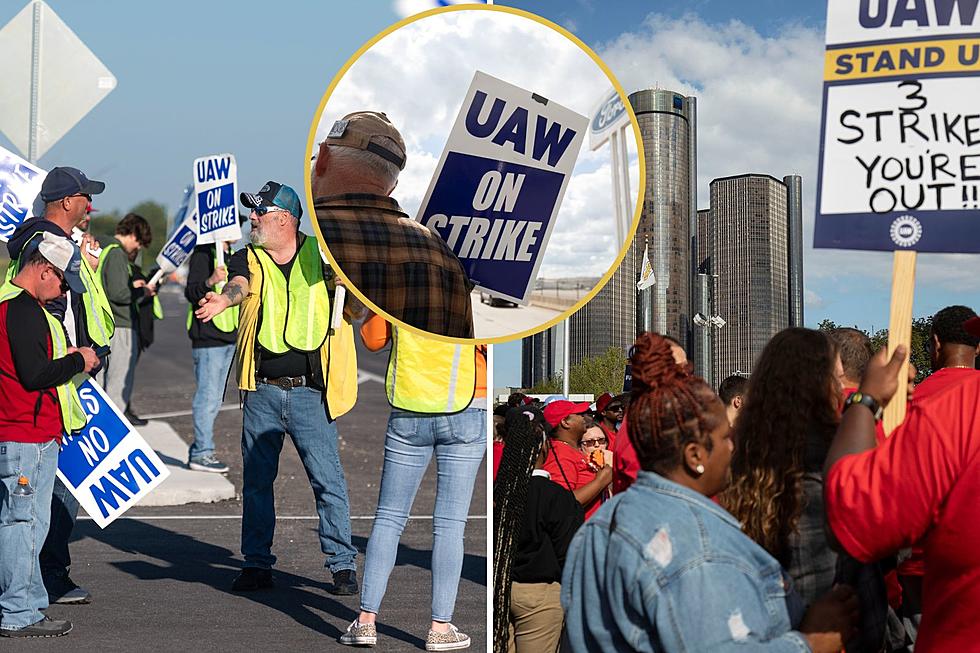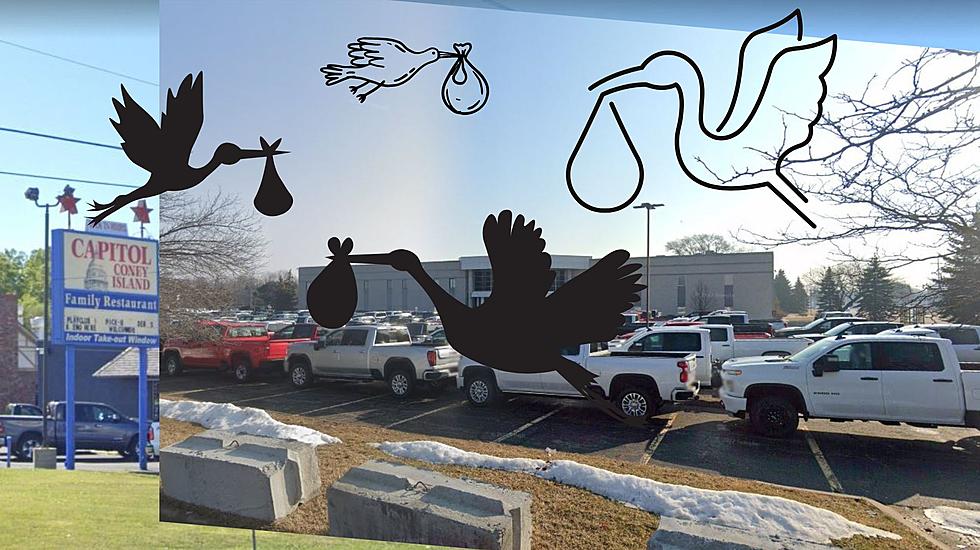
Strike Against Big 3 Signals 2 Things All Michigan Workers Should Notice
Regardless of what type of work you do, Michigan folks are familiar with Unions. Especially the UAW because of the historic Flint sit-down strike in the 1930s.
This opinion piece doesn't have any politics or side-taking. Rather, it's an observation gleaned from what's being presented in the first-ever strike against all of "The Big Three" automakers, at once.
See Also: Michigan people are being surveilled by new solar devices.
It's important to remember, the items below are discussion or negotiation points. It doesn't mean it's going to happen.
Observation #1 - The UAW is floating the idea of a 32-hour work week.
- Why is this worth noting when we're all used to working 40 hours? It wasn't always a standard 40-hour workweek or even an eight-hour workday in the US. People used to work sunup to sundown before labor laws were established and evolved over time.
- For some still today a 5-day, 40-hour week would feel like a vacation. People still work much longer on salary or overtime pay.
- European countries (and others) have been experimenting with 4-day workweek at 40 hours or fewer for the same rate of pay. They've noticed people are happier and more productive.
If we learned anything from the pandemic, working from home (if you could) was eye-opening. More time for you, your family and life in general.
For decades other developed countries have observed Americans are hard workers but work far too much and rarely take vacation time. Obviously, we take great pride in our work ethic.
Objectively, you could say we "live to work," versus workforces in other developed nations "work to live" approach. Would it be so bad if American culture shifted to have a three-day weekend? (It might take some of us a minute not to feel we're being lazy.)
1 Thing We All Use Was Also Invented in Flint, MI And It's Not a Car
Observation #2 - Love 'em or Hate 'em - Electric Vehicles
When horse & buggy was the only mode of transportation, and the automobile was introduced, people didn't magically own cars overnight. There was a transition.
Think about 8-tracks converting to cassette decks to CD Players to Bluetooth connections in the dashboard -- the change happened over decades.
- Part of the bargaining between the two sides involves future-proofing the workforce (my words for brevity, not theirs) for Electric Vehicles.
- No matter how you or I feel about battery powered autos... They're here to stay -- or this wouldn't be up for discussion.
We're all witnessing technological history and its impact on American manufacturing. This tech is still in its infancy, still experimenting to find the best way forward.
- Rapid charging stations will become more prevalent, in time.
- Gas stations will evolve their model of operation, in time.
- There's an experimental wireless charging road near Detroit in the works, now.
- You don't have to buy an EV and nobody is coming to take the internal combustion engine vehicle(s) you own.
Confession, I (like most) still drive a gas-powered vehicle and probably will for a while since it's almost paid off.

It's the sense of American creativity and ingenuity that we should all find exciting. We know how to make great things. (While most of us weren't around in the early 1900s, maybe people feared automobiles vs horse & buggy, too?)
Let's trust it's all going to work out just fine... because that's what we have always done throughout history.
Henry Ford's Grosse Ile Home, Built in 1939
See Inside the Detroit Apartment from Sitcom Martin
What Does Premium Outlets in Birch Run, Michigan Look Like Today?
More From Cars 108









